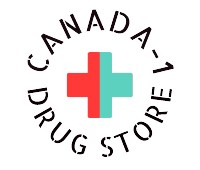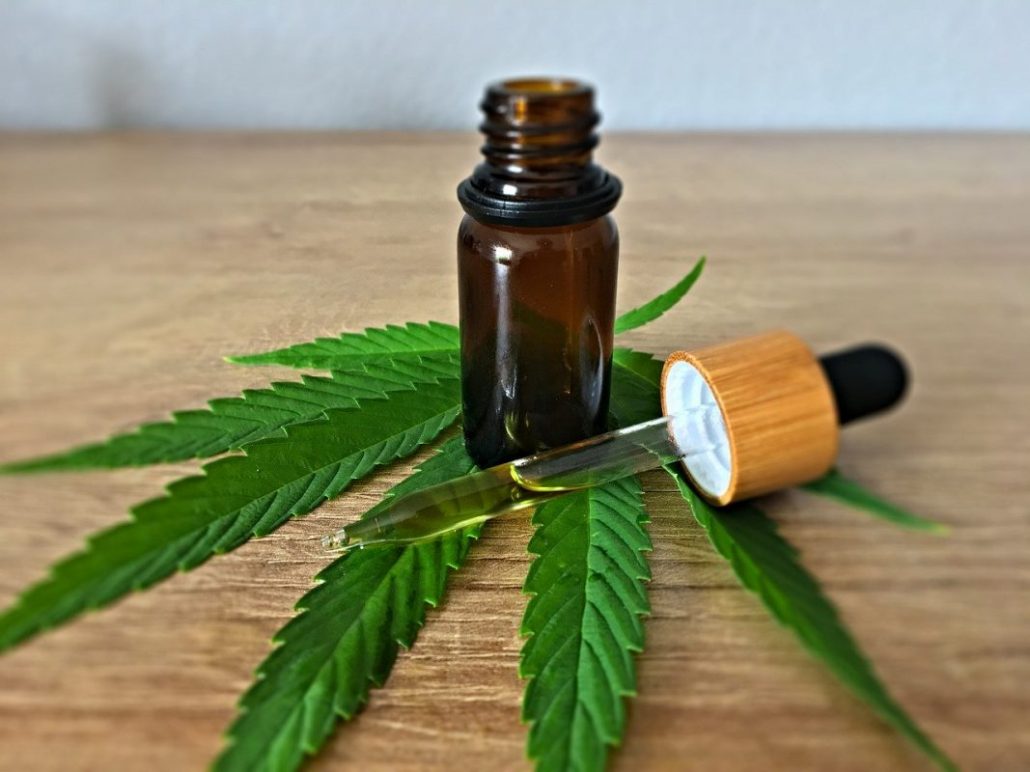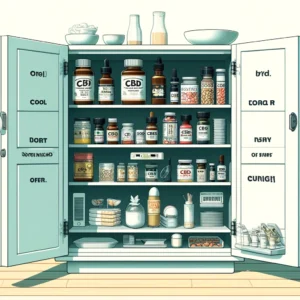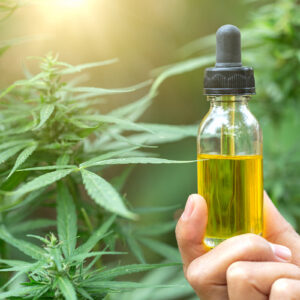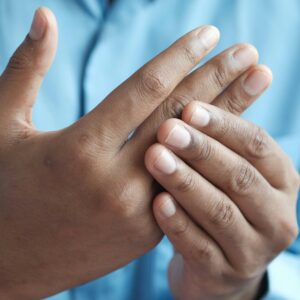CBD products indeed have a shelf life, the same as any other commodity. CBD products have a relatively long shelf life, however, this doesn’t always hold true depending on variables including product type, components, and storage conditions. This reply will discuss the Understanding of CBD Expiration dates, what factors determine how long they last, and how they should be stored and used.
Cannabidiol, or CBD, is a chemical found in the cannabis plant. Oils, tinctures, pills, meals, topicals, and many more preparations of it exist, and it is often utilized for its possible medicinal effects. While cannabidiol (CBD) alone does not perish or become harmful after expiry, additional ingredients may decay with time, reducing the product’s purity and efficacy.
The expiry date of a CBD product is generally decided by the manufacturer and is an estimate of how long the product will stay at its maximum quality. Extraction technique, ingredient quality, and added or preservatives can all play a role in how long a product lasts on the shelf. Because CBD products are not required to have an expiration date, knowing when they were made or what batch they came from is crucial.
Several factors can affect the shelf life of CBD products
The stability and longevity of a product may be affected by the quality of the chemicals utilized, particularly CBD extract and other bioactive compounds. High-quality components and extraction procedures may result in a longer-lasting product.
- Packaging
Proper packaging is crucial for preserving the integrity of CBD products. The deterioration process is hastened by exposure to air, light, and moisture. Products housed in opaque, airtight containers are often better protected from these factors.
- Storage conditions
The longevity of your CBD products is highly dependent on how you keep them. Ideally, proper Storage of CBD Products should be kept in a cool, dry area away from direct sunlight and severe temperatures. Excessive heat or cold might cause the goods to decay more rapidly.
- Category of Goods
Different kinds of CBD products may have a variable shelf life. For instance, the shelf life of tinctures and oils is often greater than that of foods or goods containing additional perishable constituents.
What signs of Expired CBD Products
Signs of Expired CBD Products may appear in numerous ways, suggesting a deterioration in quality, strength, and efficacy. Although cannabidiol (CBD) alone does not perish or become harmful after expiry, additional ingredients may decay, altering the product’s physical and sensory qualities. Expired CBD products often exhibit the following symptoms:
Alteration in hue
Tinctures and oils containing CBD, in particular, may change color over time. The product may have oxidized or degraded if it has become noticeably darker or has changed colors. Fresh CBD goods often have a clear or light tint, therefore a sudden shift in color may imply that the product is beyond its prime.
Changes in feel or body
Expired CBD products may suffer changes in texture or consistency. Oils and tinctures that have become thicker, clumpy, or grainy may indicate degradation of the carrier oil or separation of the ingredients. Similarly, topicals or creams that have changed in consistency or become watery may no longer be suitable for use.
Off-putting smell or taste
As CBD products age, they may take on a rancid taste or odor. The natural aroma and flavor of CBD can diminish over time, and you may notice a rancid, grassy, or stale odor. A bitter or unpleasant taste is another sign that a CBD product has gone bad beyond its expiration date.
Weakened potency
The efficacy of CBD products may decrease after their expiration date. Over time, CBD can lose its strength, making the product less effective in delivering the desired effects. If you find that your CBD product is no longer providing the expected benefits or if you need to use a significantly larger amount for the same effect, it may be a sign that the product has expired.
Growth of mold or microorganisms
Mold and microorganism development in expired CBD products are uncommon but might occur if the product has been exposed to dampness or poor storage conditions. Mold can cause serious health problems if it gets in your body through ingestion or skin contact, so if you see mold or smell mold, it’s time to throw it out.
Although these symptoms may suggest that a CBD product has gone bad, it is still best to use it before its expiration date or as directed by the manufacturer. Depending on the formulation, storage circumstances, and quality of the components, certain CBD products may deteriorate more rapidly than others. If you’re not sure whether or not your CBD product is still good, it’s best to throw it out and get a new one.
Buying CBD with Longer Shelf Life Expectancy
If you’re looking to purchase CBD products with a longer shelf life expectancy, there are several factors to consider. CBD products that keep their quality and potency over time are more likely to be obtained if you purchase from trustworthy businesses and pay attention to key qualities. If you want to buy CBD that will last longer, consider these points.
- Choose high-quality brands
Opt for CBD products from reputable brands that prioritize quality and transparency. Well-established brands often invest in rigorous testing, quality control measures, and good manufacturing practices, resulting in products with longer shelf life expectancies.
- Verify any external testing labs
Look for CBD products that have been evaluated by independent third-party labs. These tests may validate the potency, purity, and general quality of the substance. Brands that provide lab reports or Certificates of Analysis (COAs) on their websites or upon request demonstrate a commitment to transparency and quality assurance.
- Consider the extraction method
Different extraction methods can impact the stability and shelf life of CBD products. CO2 extraction is a widely recognized method that produces high-quality and stable CBD extracts. This method uses pressurized carbon dioxide to extract the CBD without the use of harsh solvents, resulting in a cleaner and more stable product.
- Carefully consider the packaging
Packaging plays a key role in keeping the quality of CBD products. Look for items that are packed in dark, opaque containers that protect against light exposure. Since CBD is sensitive to light, having it packaged in dark or amber glass bottles can increase its storage life. Additionally, airtight packing limits the introduction of air, moisture, and impurities that might expedite the deterioration process.
- Examine the product formulation
Consider the contents and composition of the CBD product. The use of natural preservatives or antioxidants, for example, may aid in elongating the shelf life. Products with minimal additives or preservatives may have a shorter shelf life compared to those with appropriate stabilizers.
- Check the manufacturing date or batch number
Some CBD products may include a production date or batch number in addition to an expiry date, although this is not required. This information might give insight into the freshness of the food. Typically, products manufactured more recently will have a longer shelf life ahead.
- Buy from fresh batches
Try to buy from a store that constantly receives new stock of CBD and ask for the product’s batch number if you can. This increases the chances of obtaining a product with a longer shelf life, as it is likely from a fresh production batch.
Is there a shelf life for CBD oil?
CBD oil does, in fact, eventually go bad. CBD does not go bad or become harmful after expiration, but the quality and potency of the oil as a whole can diminish over time due to the degradation of other components like carrier oils and added ingredients. how to know that CBD oil is expired It’s crucial to pay attention to the expiration date or suggested shelf life specified by the manufacturer to guarantee maximum freshness and efficacy.
Expiry Date of CBD Oil
The usual CBD oil has a shelf life of between one and two years. The quality of the materials, the extraction procedure, and the storage conditions all affect the suggested or actual expiration date. The date of manufacturing or batch number may be included by certain manufacturers, while others may just contain an expiration date.
Factors such as the type of carrier oil used, the presence of additives or preservatives, and the quality of the CBD extract can influence the oil’s stability and shelf life. It’s important to keep in mind that CBD oil’s shelf life may be drastically shortened by exposure to undesirable environmental factors like light, heat, or moisture.
Proper storage of CBD oil shelf life can greatly extend. Oil should be stored in a dark, cool place away from heat and light. A pantry or closet is typically a convenient storage area. Keep the oil away from any sources of moisture, since this might lead to the formation of mold or other microorganisms. In addition, always make sure the bottle is airtight before putting it away.
The oil’s color, odor, flavor, and consistency should all be checked frequently. Even if the oil hasn’t yet expired, it should be thrown out if any of these qualities have changed noticeably. Medicinal benefits from, and safety of, CBD oil might diminish beyond its expiration date.
Conclusion
Even if you’re able to track down CBD products with longer shelf lives thanks to the advice in this article, keep in mind that you should still check the product regularly for signs of deterioration, such as a change in color, texture, smell, taste, or potency. In the end, getting the most out of any medicinal benefits that CBD could have requires utilizing goods that are both fresh and of excellent quality.
